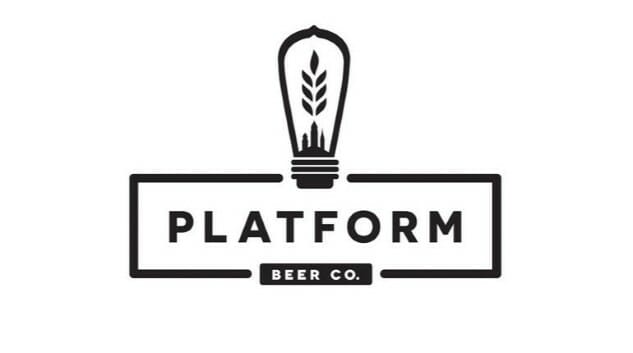AB InBev Acquires Ohio’s Platform Beer Co., Ending Two Year Acquisition Hiatus
Photos via Platform Beer Co.
After a two-year gap since the acquisition of Asheville, NC’s Wicked Weed in 2017, at which time the company seemed to state that its spate of acquisitions was over, Anheuser-Busch InBev has purchased another regional American craft brewery. This time around it’s Ohio’s Platform Beer Co., which fills in another hole in AB InBev’s U.S. craft beer map, in terms a path to regional dominance.
The company will become part of AB InBev’s “Brewers Collective” wing, which seems to have replaced the previous “High End” division for all intents and purposes as the governing body of the company’s acquired, formerly “craft” breweries. This is the beer giant’s 11th overall acquisition of a craft brewery in the U.S. (they’ve bought many more abroad), which have also included the likes of Goose Island, Golden Road, Devil’s Backbone, Karbach, Elysian, 10 Barrel, Blue Point, Wicked Weed and more.
Platform was founded in Cleveland in 2014 by “local entrepreneurs” Paul Benner and Justin Carson, and before long focused on fast expansion of their footprint. Current products include everything from sours and cider to “fruit ales, barrel-aged beers and a line of hard seltzer,” because of course there’s a line of hard seltzer. The company operates no fewer than four different facilities: A flagship tasting room and separate brewery in Cleveland; a Columbus tasting room; and a Cincinnati tasting room and coffee shop called “LOCOBA.” According to the press release announcement, a fifth location is also coming to Cleveland as a result of the acquisition, a “Phunkenship” sour brewing facility. There’s also talk of a sixth location in Pittsburgh as well, giving Platform a rather shocking number of physical addresses for a brand that many in the craft community likely aren’t even familiar with.
“In speaking with the other craft brewery founders in Brewers Collective, we know partnering with Anheuser-Busch means we will have the resources and the autonomy to bring our vision for Platform Beer Co. to life,” said Platform co-founder Paul Benner. “Being able to continue leading the day-to-day operations was an important factor in our decision and we have no doubt that this partnership will benefit our loyal staff and passionate customer base.”